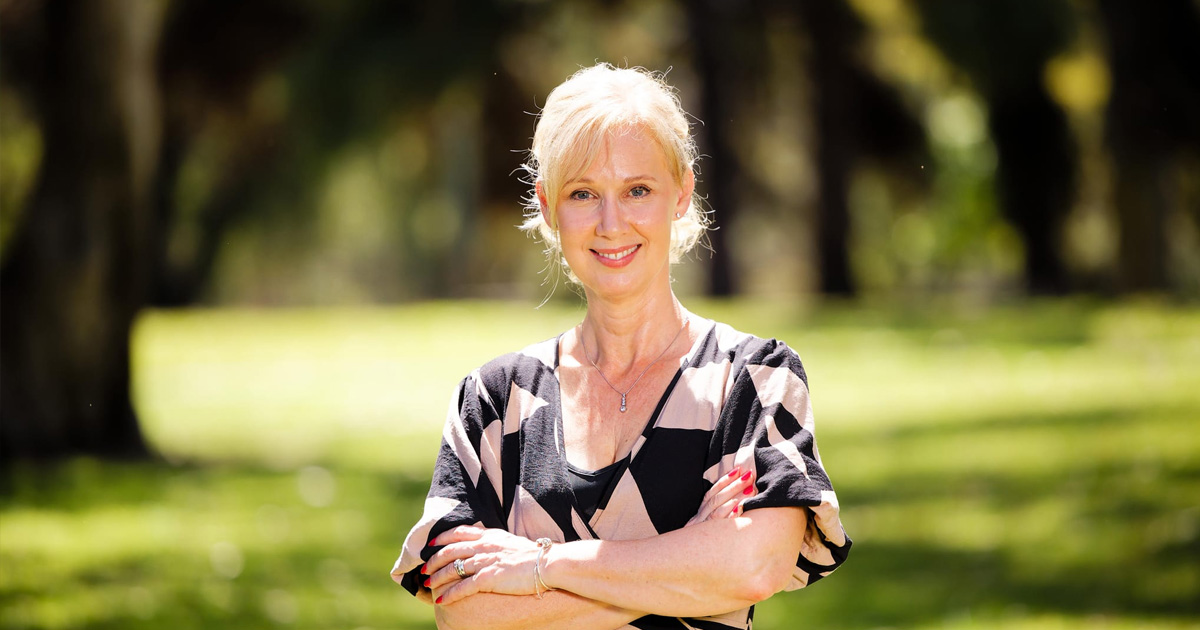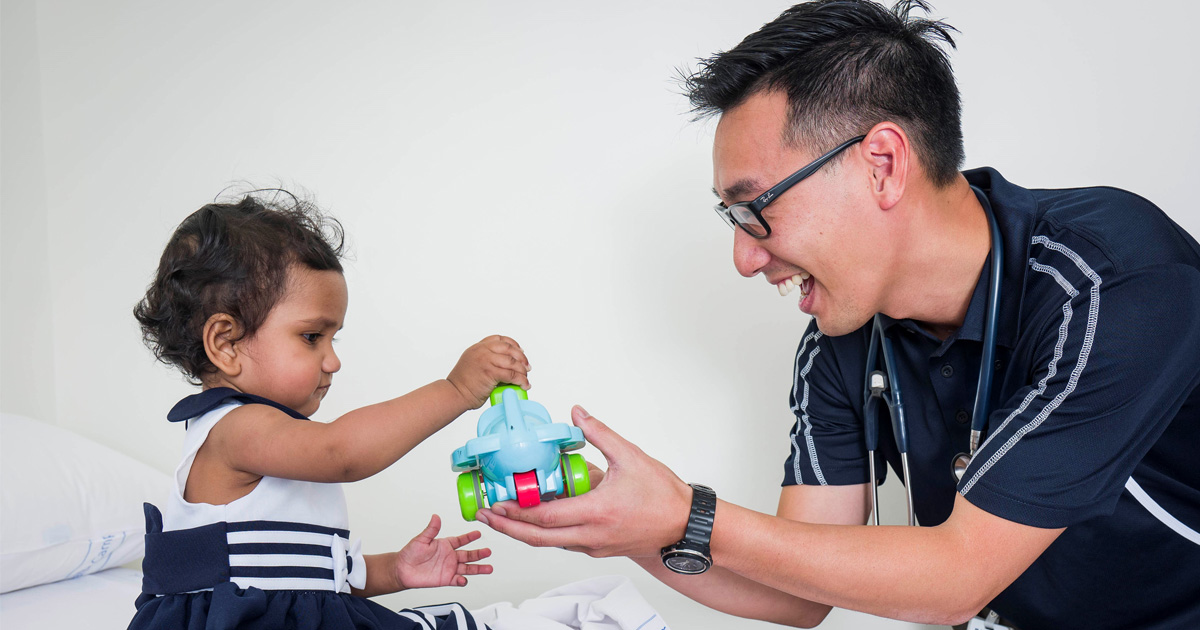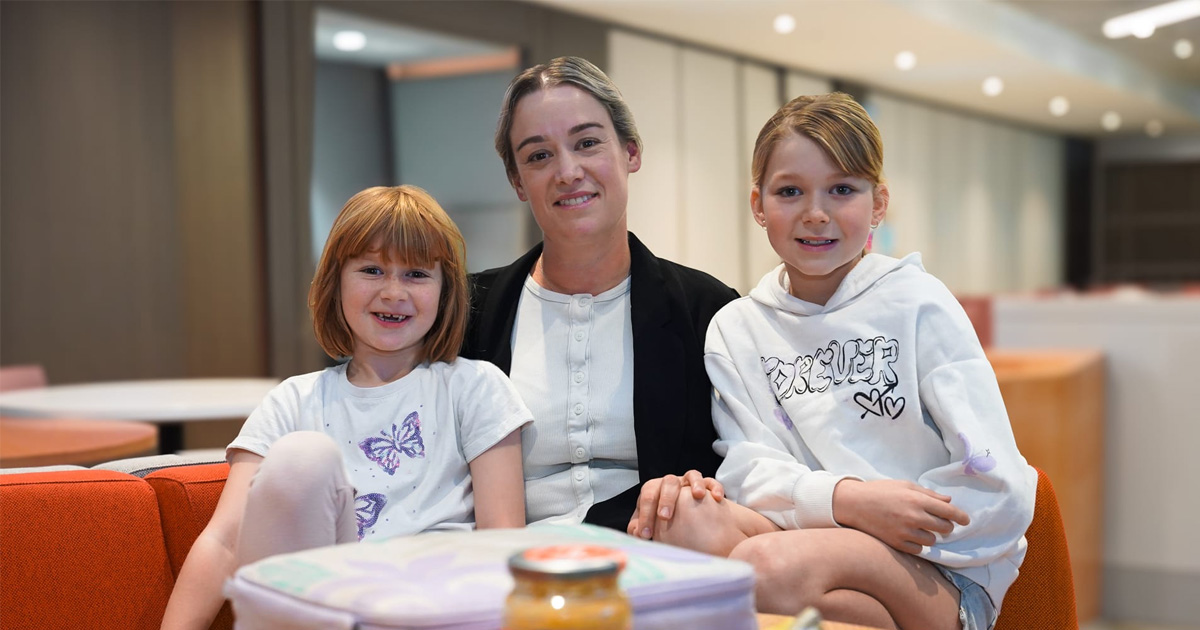Search
Debbie Susan Palmer Prescott BSc BND PhD MBBS BMedSci PhD FRACP Head, Nutrition in Early Life Honorary Research Fellow debbie.palmer@uwa.edu.au
David Debbie Desiree Matt Susan Martino Palmer Silva Cooper Prescott BSc PhD BSc BND PhD MBBS, FRACP, MPH, PhD BCA Marketing, BSc Statistics and
In December 2016, a panel of experts was convened by the International Scientific Association for Probiotics an Prebiotics to review the scope of prebiotic.
Consistent with the original model of prebiotics, but aware of the latest scientific and clinical developments, the panel updated the definition of a prebiotics

ORIGINS has a large number of sub-projects exploring the link between a mother's diet during pregnancy and health outcomes of the child. Projects also explore nutrition and eating habits during the early years as well as general gut health

In honour of International Day of Women and Girls in Science, we celebrate women in STEM and their incredible contributions to the field, aiming to inspire the next generation of female scientists.

A third of Western Australian one-year-olds and up to two thirds of three-year-olds have low iron, a study by The Kids Research Institute Australia has found.

ORIGINS sub-project, The Flourishing Child, has received a $746,051 grant from the Medical Research Future Fund to develop a Flourishing Assessment and Pathway Tool to address gaps in early intervention for children's mental health.

Families who introduce peanut butter and eggs to their baby’s diet at around six months of age can significantly reduce the chances of them developing a life-threatening allergy, according to a new study published in the Journal of Allergy and Clinical Immunology – In Practice.

ORIGINS is celebrating a substantial funding increase for its world-class research into child and family health and wellbeing.
